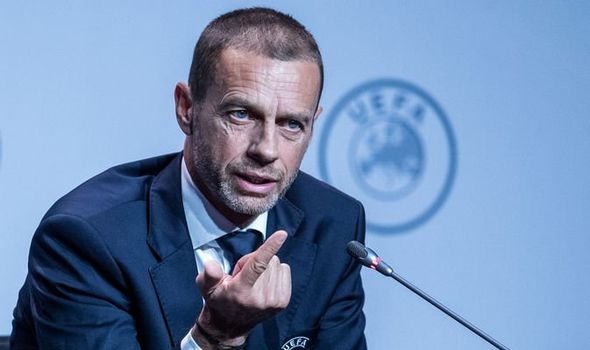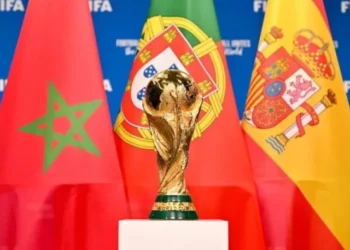The UEFA Executive Committee approved a new format for Champions League, Europa League and Europa Conference League as of the 2024/25 season on Monday.
UEFA made the announcement in a statement released on their official website.
The change comes after an extensive consultation across the football fraternity and received unanimous backing from the ECA Board and the UEFA Club Competitions Committee.
UEFA president Aleksander Ceferin has outlined the main reasons behind the reform in an official statement, which reads: “This new format supports the status and future of the domestic game throughout Europe as well. It retains the principle that domestic performance should be the key to qualification and reconfirms the principles of solidarity right through the game and of open competition.
“This evolved format will still keep alive the dream of any team in Europe to participate in the UEFA Champions League thanks to results obtained on the pitch and it will enable long-term viability, prosperity, and growth for everyone in European football, not just a tiny, self-selected cartel.
“Football is a social and cultural treasure, enriched with values, traditions and emotions shared across our continent. As the governing body and responsible stewards of the European game, it is UEFA’s role to safeguard this legacy while leading positive future development of football in Europe for national associations, leagues, clubs, players, and fans at every level. This is why we had an extensive consultation process over the last two years which led to the unanimous backing of our proposal and we are convinced that these reforms achieve those objectives.”
The traditional group stage concept which has seen four teams compete in eight pools with the top two qualifying for the last 16 will be scrapped in favour of a single league including 36 teams.
All of the fixtures will be drawn out of a pot going forward, with seeding driven by the UEFA coefficient, and the Europa League and Conference League will follow the same format, according to Goal.
Each team will play a total of 10 games home and away, with the top eight automatically qualifying for the last 16 and those finishing between ninth and 24th to compete in two-legged play-offs to decide who else makes the knockout stage.
However, all games before the final will still be played midweek, recognising the importance of the domestic calendar of games across Europe.




































